
Large houses-museums of Georgia. Galaktion and Titian Tabidze House Museum.
If you are interested in the work of Galaktion and Titian Tabidze, then do not pass by their house-museum. This large house houses a rich collection of exhibits, and the museum itself is located in four buildings. Here you will find personal belongings of poets, their manuscripts, interesting books, photographs, documents and much more.
Museum of Georgian poets Galaktion and Tiziana Tabidze is located in four buildings, two of which are "ode" type houses, where poets were born.
"The King of Poetry" Galaktion Tabidze (1891-1959) was educated at the Kutaisi primary school and theological schools Kutaisi and Tbilisi. In 1918 he graduated from the Moscow Directing Courses for Stage Lovers. In 1922 he edited the magazine "Lomisi". In 1922-23 he founded his own literary organ "Galaktion Tabidze's Magazine". In 1927 Galaktion became a member of the new literary association "Arifioni".
In 1928 he participated in the work of the 6th Congress of the Communist International in Moscow. In 1935 Galaktion became a member of the Presidium of the World Congress for the Defense of Culture in Paris. In 1944 he was elected a full member of the Academy of Sciences of Georgia. In 1953-57 he was in charge of the poetry section of the Writers' Union of Georgia. He published his first poems in 1908, and his first collection in 1914 in Kutaisi.
Because of the poem "Memories of the Days That Flew Away" published in 1924 in the magazine "Mnatobi", the poet was arrested and the entire print run of the magazine was destroyed. In 1937, Galaktion's wife, Olga Okudzhava, was arrested and sentenced to eternal exile. Galaktion Tabidze was awarded the title of "People's Poet" and was awarded the Order of Lenin (1932). He is the author of such masterpieces of modern Georgian poetry as "The Moon of Mtatsminda", "Blue Horses", "Me and the Night", "Without Love", "Azure, or a Rose in the Sand" and others.
Titian Tabidze (1893-1937) – symbolist poet. Writer, one of the founders, leader and theorist of the symbolist order "Blue Horns". Studied at the Kutaisi Theological School, classical gymnasium, and at the philological faculty of Moscow University. From 1917 he worked in Tbilisi in the newspaper "Sakartvelo", in the magazine "Blue Horns". Edited the newspaper "Barrikada". In 1937, Titian Tabidze was arrested and executed on charges of anti-Soviet activity.
Titian Tabidze wrote magnificent miniatures, essays, letters, literary sketches, translations, remarkable poems and verses: “…and the red cap of Garibaldi”, “At Ananuri”, “Jewish melody”, “Tbilisi night”, “Landslide poem”, “Blue Eden”, “The robbers killed me on Aragvi” and others.
Visit the house-museum of Galaktion and Titian Tabidze
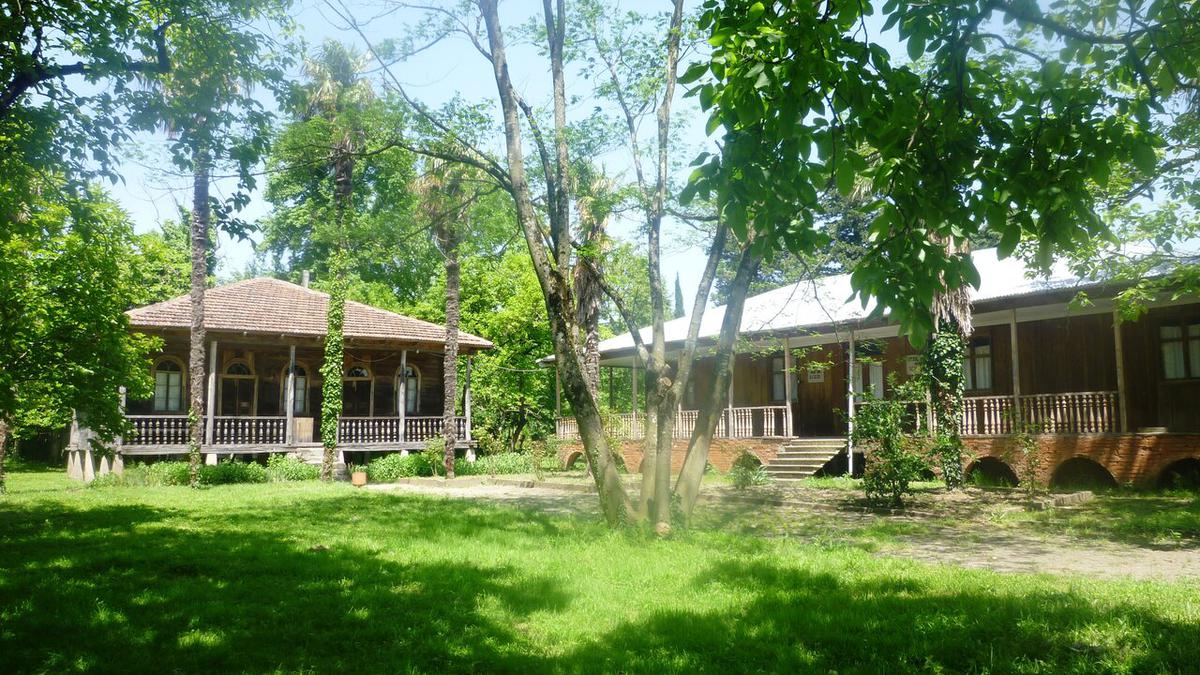
The Museum of Georgian Poets Galaktion and Titian Tabidze is a collection of personal belongings and manuscripts of two prominent Georgian poets. It is housed in four buildings, including two typical Georgian ode houses, in which the poets were born. The museum opened its doors in 1987 and has since become a center for the study of the lives and works of Galaktion and Titian Tabidze.
Galaktion Tabidze, known as the "King of Poetry", was born in 1891 in the town of Akhaltsikhe, in western Georgia. He was educated at the Kutaisi primary school and the theological schools of Kutaisi and Tbilisi. In 1918, he graduated from the Moscow Directing Courses for Stage Amateurs. Galaktion devoted the following years to literary work and edited the magazine "Lomisi". In 1927, he became a member of the new literary association "Arifioni". In 1928, Galaktion participated in the 6th Congress of the Communist International in Moscow. In 1935, he became a member of the Presidium of the World Congress for the Defense of Culture in Paris. Galaktion Tabidze was elected a full member of the Academy of Sciences of Georgia in 1944, and in 1953-57 he headed the poetry section of the Writers' Union of Georgia. Galaktion's first poems were published in 1908, and his first collection of poetry was published in 1914 in the city of Kutaisi. However, due to the publication of the poem "Memories of those days that flashed by" in the magazine "Mnatobi" in 1924, Galaktion was arrested, and the entire print run of the magazine was destroyed. In 1937, Galaktion's wife, Olga Okudzhava, was arrested and imprisoned for 10 years for "anti-Soviet agitation" and "espionage." His daughter Elena was also arrested and sent to a children's camp. Galaktion was forced to leave his position at the All-Union Radio, and his works were banned from publication and performance.
However, Okudzhava did not give up and continued to create his works. In 1941, he was called up to the front and fought in the Great Patriotic War. In 1946, Okudzhava and his family were amnestied and returned to Moscow. There he began working at the Moscow Central House of Writers and quickly became a popular author of songs and poems.
Okudzhava's style was unique and recognizable. His songs were often gentle and melancholic, but also reflected anxiety and discontent with the contemporary political situation. His works are also known for their deep philosophy and sense of humor. Among his most famous songs are "In the Tavern", "She Was in Paris", "Let's Drink to Our Ladies", "Farewell, Koresha", "In the Open Field, a Green Oak", and many others. His work has influenced many other Russian poets and musicians, and he continues to be an important figure in Russian culture. One of the most interesting aspects of Bulat Okudzhava's life is his role in Russian culture in the post-Stalin period. Okudzhava was one of the first Russian singer-songwriters to sing and write songs that reflected not only social issues and political changes, but also deeply personal and intimate experiences. His music was inspirational and was often praised for its ability to capitalize on human emotion.
In addition, Okudzhava also had a great influence on the development of Russian poetry. He believed that music and poetry should be interconnected, and wrote many songs based on the poems of leading Russian poets of the time, such as Brodsky, Akhmadulina, Rozhdestvensky and others. Moreover, Okudzhava became a kind of patron of young poets, who became known as "Okudzhavtsy". They wrote poems, imitating Okudzhava's style and approach, and often found him a mentor and inspiration. However, Okudzhava did not limit himself to music and poetry. In the last years of his life, he was actively engaged in literary work, publishing many poems, stories and novels. In his works, Okudzhava addressed themes that were close to him: love, friendship, death, life in Soviet society. He was also engaged in translating foreign classical works into Russian, including the works of Shakespeare, Huxley, Renard and others. Okudzhava continued to actively advocate for freedom of speech and expression, despite the fact that the authorities continued to persecute him and his family. In 1967, Okudzhava was arrested and forced to leave the country. He went to France, where he lived in exile until 1978.
In France, Okudzhava continued to write and perform, attracting more and more attention from Western audiences. His concerts in Paris, London, New York and other cities were very popular, and Okudzhava became famous not only in Russia, but also abroad.
Okudzhava returned to Russia in 1978, after the death of Leonid Brezhnev and the coming to power of the new General Secretary of the CPSU, Yuri Andropov, who proclaimed the policy of the "thaw". Okudzhava again began to give concerts and write songs, which became very popular among young people. One of the most famous songs he wrote during this time is "Let's Drink to the Health of a Policeman". Okudzhava continued to perform and write songs until the very end of his life. He died in 1997 in Moscow, but his legacy lives on and inspires many people. Today, Okudzhava is recognized as one of the greatest authors and performers of Russian song of the 20th century.
Okudzhava was not only a talented singer and songwriter, but also an interesting and extraordinary person. He was not only a musician, but also a poet, writer and artist. Okudzhava repeatedly said that music and poetry were integral parts of his life, and that he could not live without them.
In addition to his musical and literary pursuits, Bulat Okudzhava also actively advocated for the protection of the rights of authors and performers in the USSR. In those years, copyright was not considered a significant issue in the cultural sphere, so Okudzhava advocated for its improvement and protection.
He was one of the first in the USSR to protect the interests of musicians and writers. In 1986, he was elected to the Presidium of the Council of the All-Union Society of Authors and Performers. He was also a member of the International Association of Authors and Performers.
Bulat Okudzhava advocated not only for copyrights, but also for freedom of expression and speech. He supported the rights of journalists, writers and anyone who wanted to express their point of view. He took part in many cultural events where the rights to freedom of speech and opinion were defended.
In addition, Bulat Okudzhava was an active participant in various charity events. He supported peace initiatives, defended the rights of minorities and fought against violence. His songs became a symbol of the struggle for freedom and human rights.
Bulat Okudzhava was not only a talented author and performer, but also a public figure. He made a huge contribution to the development of culture and the protection of the rights of authors and performers in the USSR. His work remains relevant and interesting to many generations. He left behind a real legacy that will live on for many years. His songs and poems are still heard on radio and television, and are also performed at concerts and festivals. Despite the fact that many of them were written more than half a century ago, they are still relevant and understandable to modern listeners.
One of Okudzhava's most famous songs is "Song of Friendship". This song was written in the early 60s and became a real hit. In it, Okudzhava sings that friendship knows no borders or nationalities, that it can connect people from different countries and cultures. The song has become a symbol of international unity and humanism, and its words are still familiar and loved by many. However, Okudzhava was not only the author of beautiful songs. He was also a talented prose writer and playwright. His books and plays were highly praised by critics and readers. His novels "The White Guard" and "Volunteers" are especially famous, in which he describes the lives of people during the revolution and civil war. In these works, he not only conveys historical facts, but also expresses his own views on life and society. In addition, Okudzhava was known for his love of painting. He himself was engaged in painting and drew pictures for his poems and stories. His works are kept in museums and private collections. He was also acquainted with many famous artists of his time and even held exhibitions of his paintings.
Okudzhava left his mark on the cultural and literary life of not only Russia, but also the world. His work inspired many authors and musicians, his ideas and philosophy became a legacy for many generations. He remains one of the most prominent representatives of Russian literature of the 20th century. His works are popular not only in Russia, but also abroad. Okudzhava translated his songs into English and performed them at concerts in Europe and the USA.
In addition, Okudzhava was also known for his books, in which he shared his thoughts on life, love and art. He published several books of poetry and prose, including "The Captain's Daughter", "Poems and Songs", "Notebooks", "Alone in the Ocean" and others.
In 1987, Okudzhava was awarded the title of People's Artist of the USSR for his outstanding contribution to the development of Soviet culture. He was also awarded many other awards and distinctions, including the Order of Lenin and the Order of Merit for the Fatherland.
Despite his popularity, Okudzhava remained a modest man and did not seek fame. He remained true to his principles and art, not being attached to the opinion of the public or the authorities.
Today, Bulat Okudzhava's songs and poems continue to be performed by other artists and on the radio. His work continues to inspire many people for many decades.
Moreover, the memory of Bulat Okudzhava lives not only in his works, but also in various cultural events and activities. In Moscow, there is a Bulat Okudzhava Museum, where you can learn about his life and work. Every year, the capital of Russia hosts Okudzhava Memorial Festivals, where fans of his work gather to perform his songs and honor his memory. Thus, we can say with confidence that Bulat Okudzhava remains one of the most beloved and respected authors of songs and poems in Russia.
--------------------------
We will be glad to hear your opinion about our article! Leave comments and ask questions, we will definitely answer them.





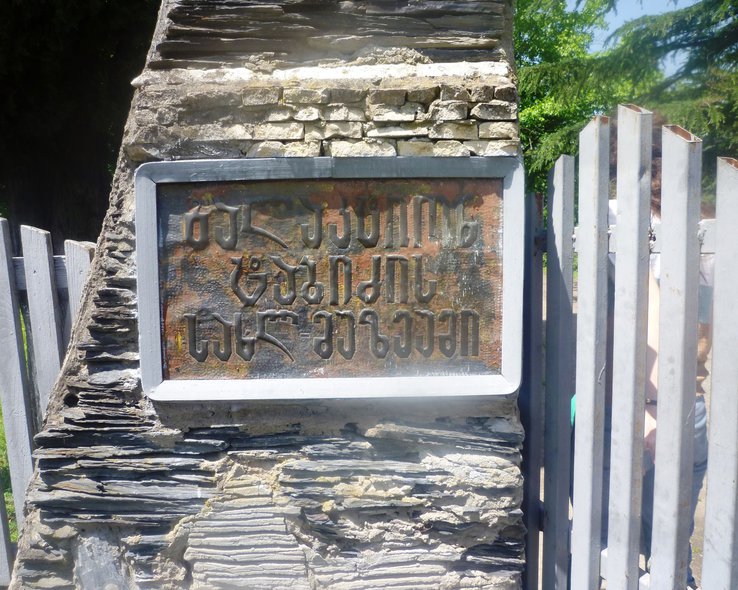
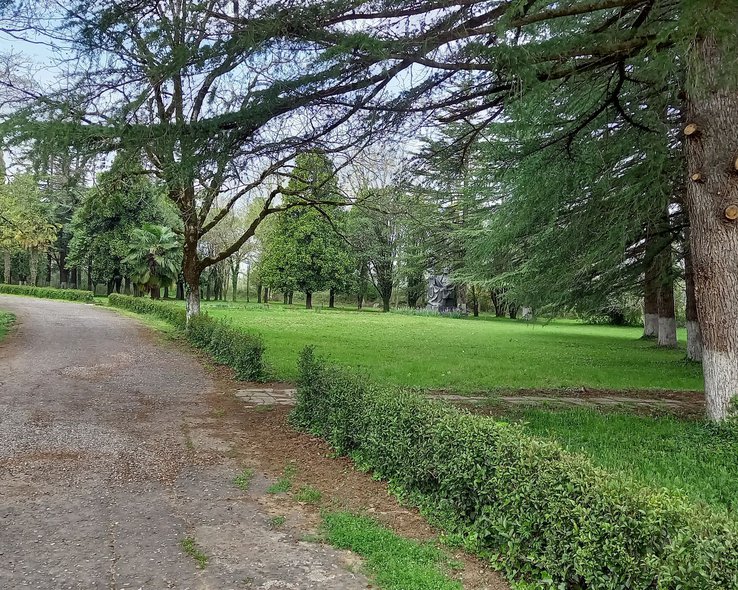
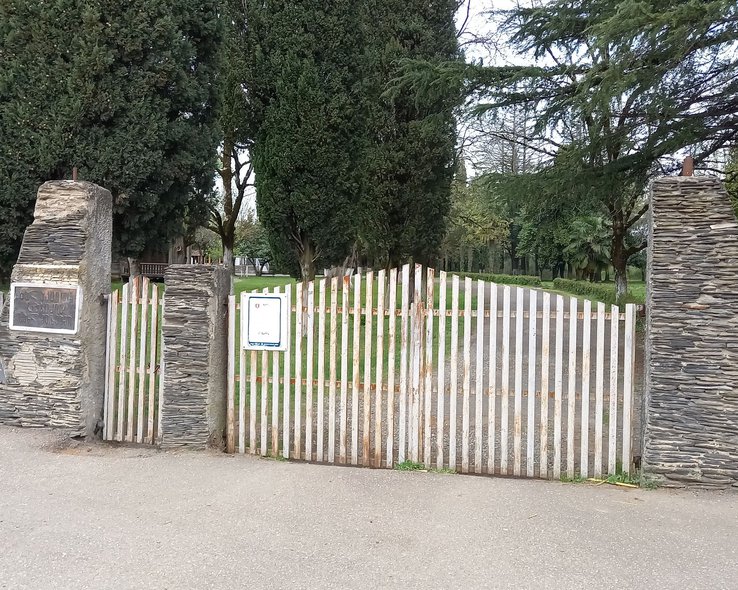
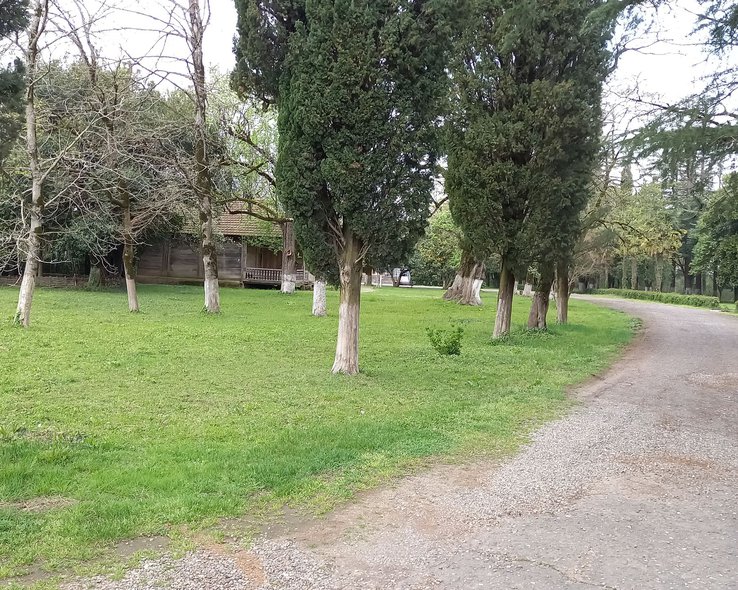
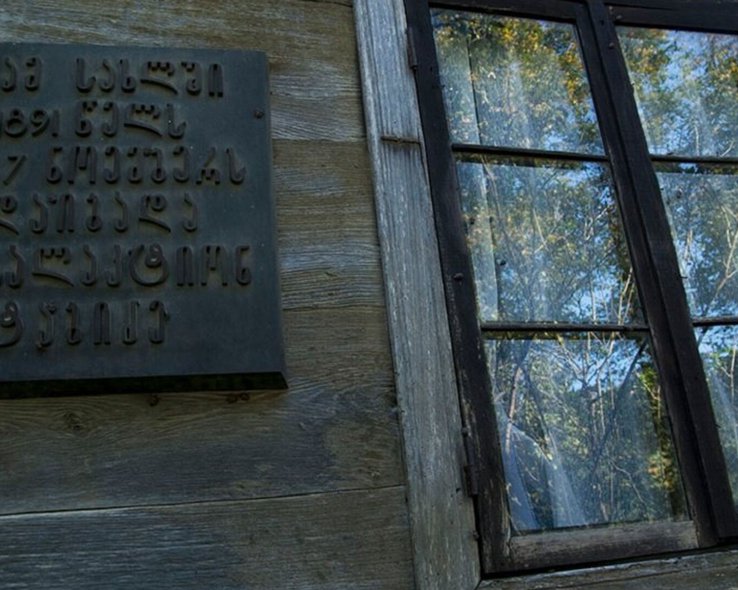
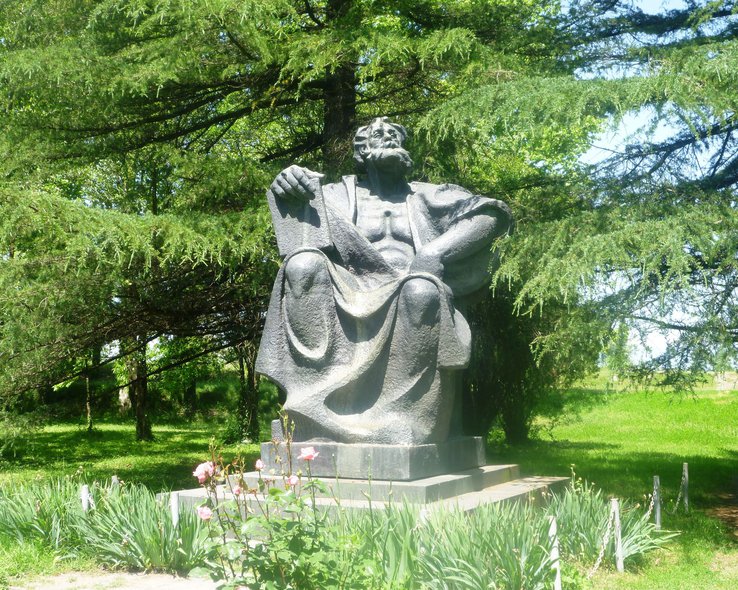
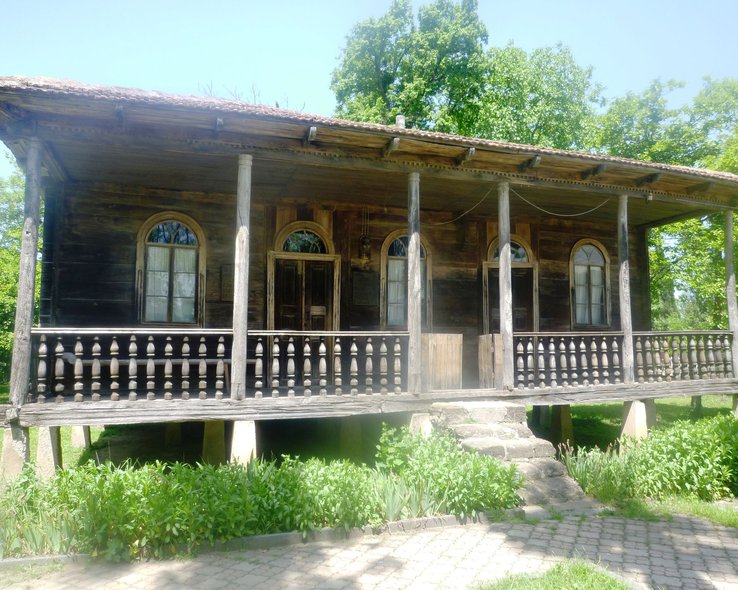
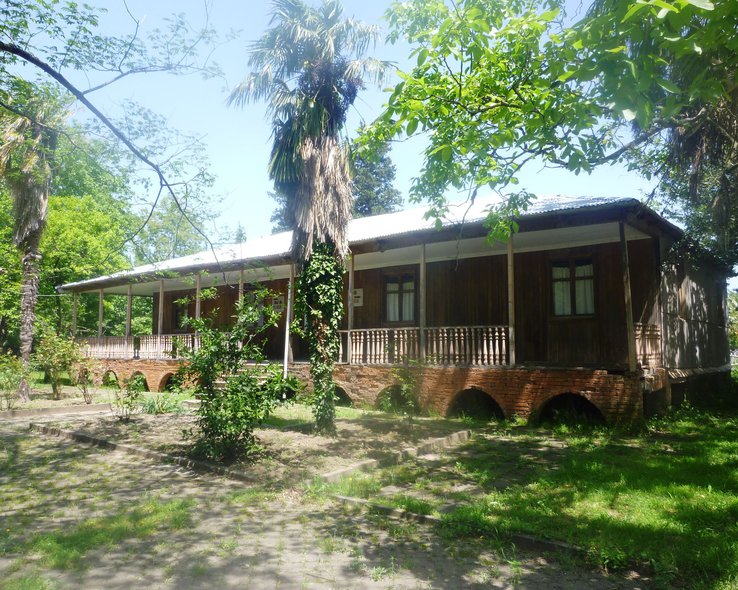
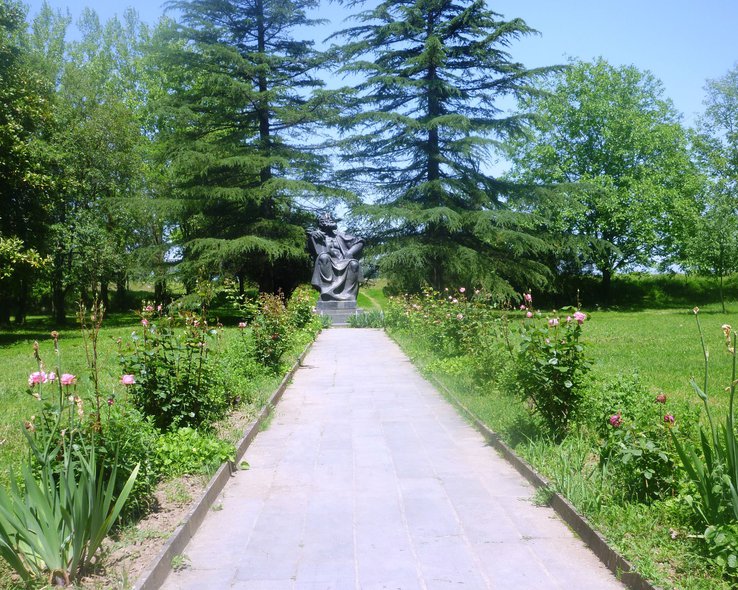
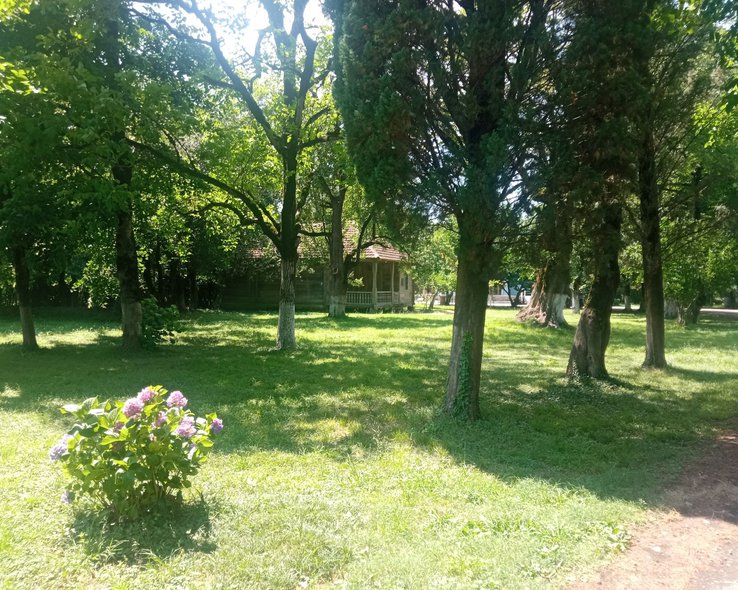
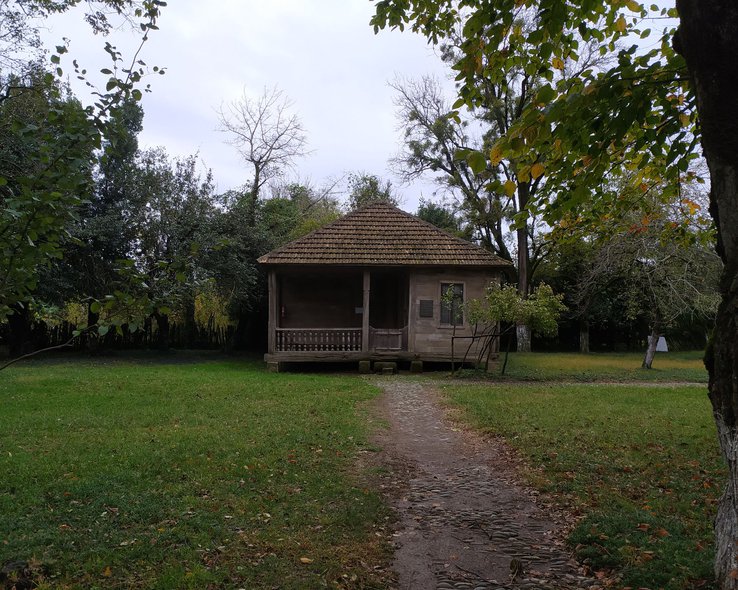
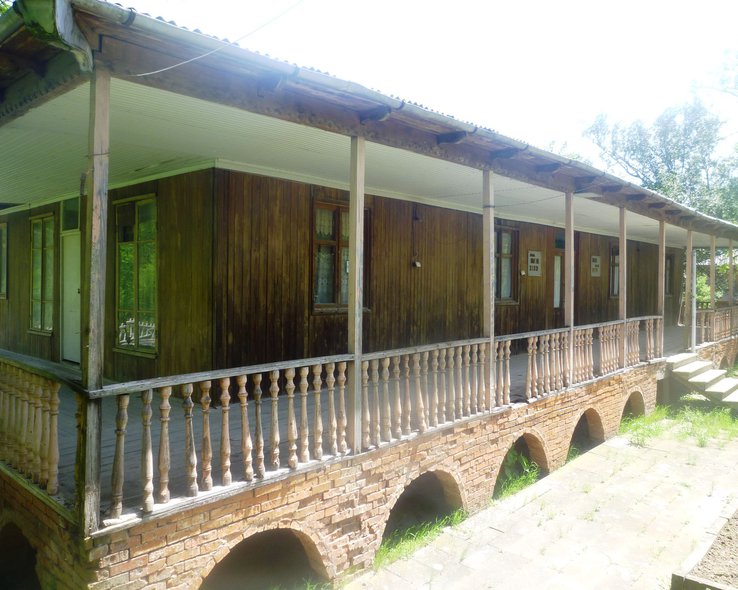
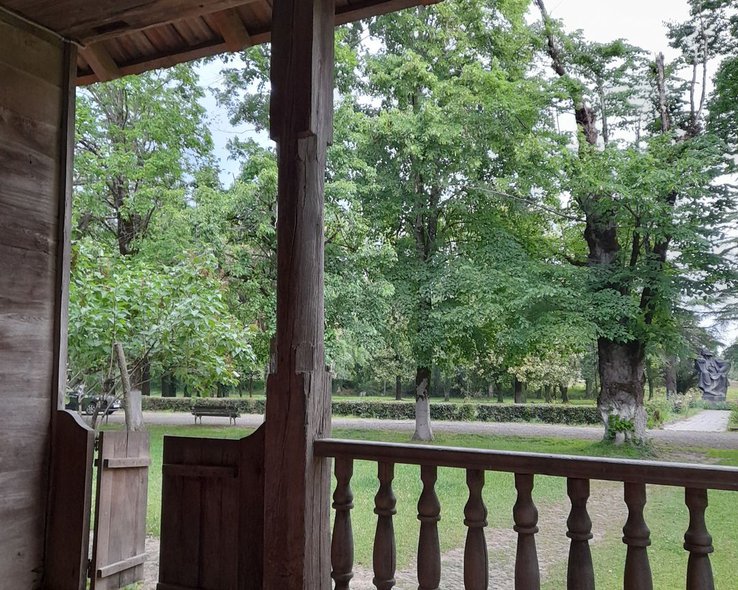
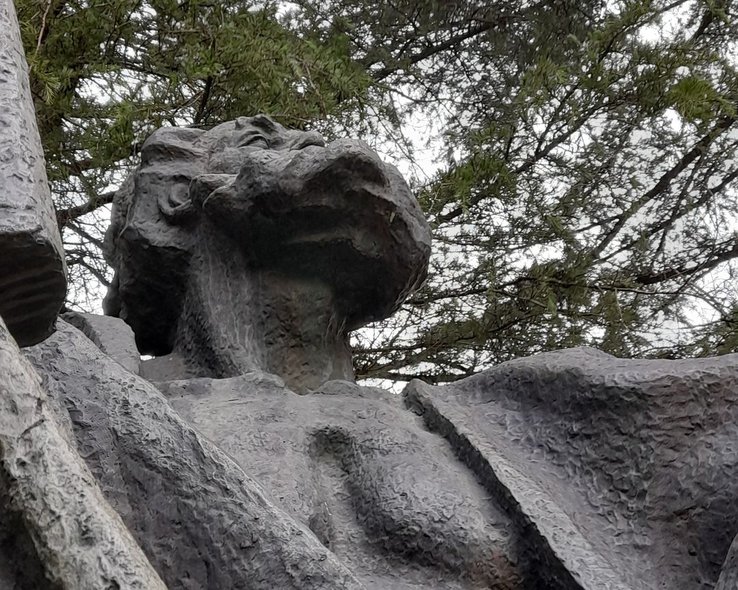


31 comments
Log in to leave a comment